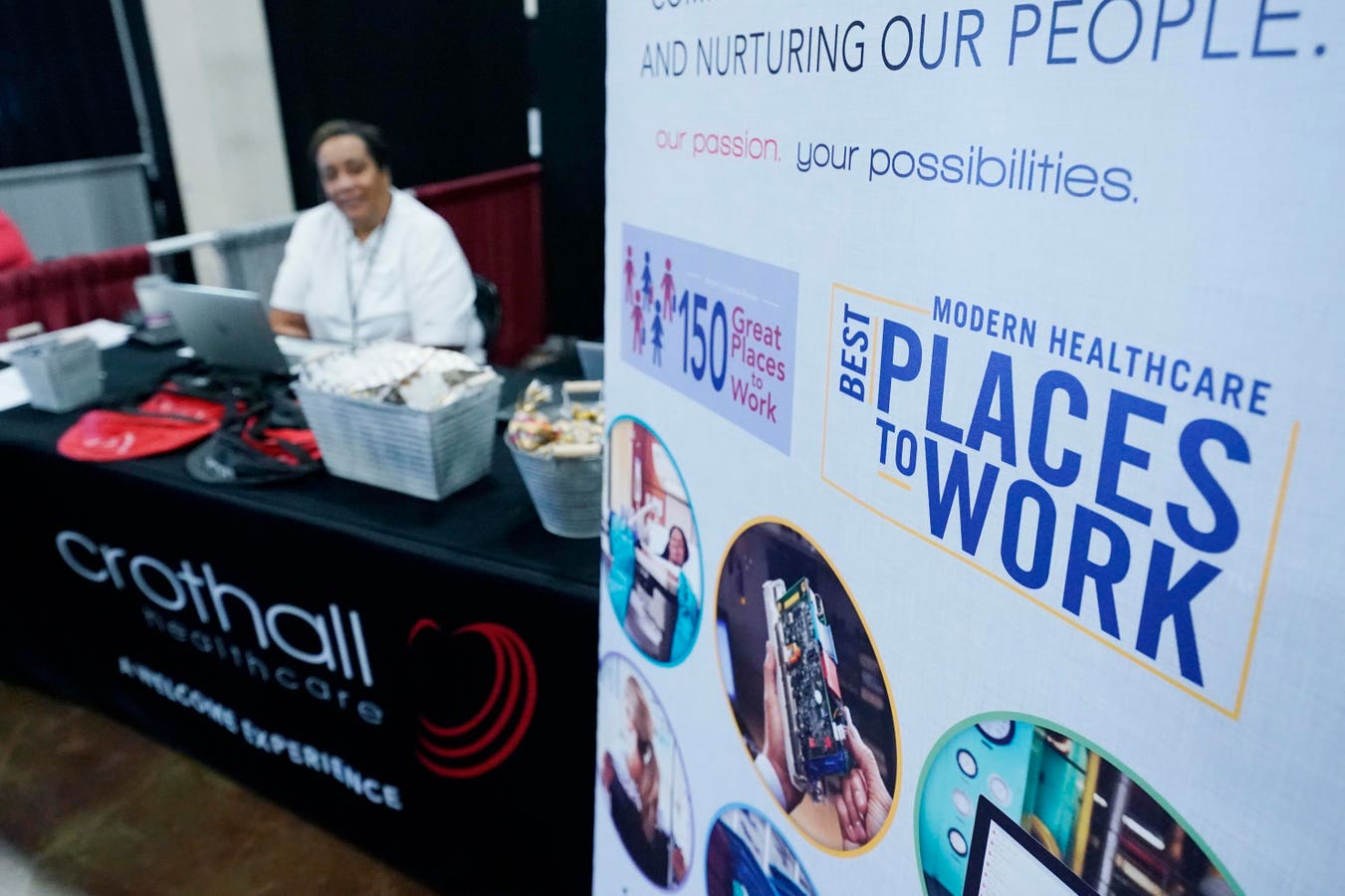This article outlines an opinion that organizations either tried skills based hiring and reverted to degree required hiring because it was warranted, or they didn’t adapt their process in spite of executive vision.
Since this article is non industry specific, what are your observations or opinions of the technology sector? What about the general business sector?
Should first world employees of businesses be required to obtain degrees if they reasonably expect a business related job?
Do college experiences and academic rigor reveal higher achieving employees?
Is undergraduate education a minimum standard for a more enlightened society? Or a way to hold separation between classes of people and status?
Is a masters degree the new way to differentiate yourself where the undergrad degree was before?
Edit: multiple typos, I guess that’s proof that I should have done more college 😄



That’s a 74 page article, do you care to summarize it or provide a specific area?
Thanks for a reference. Interesting.
The cool thing about it is that the core of it is really just one page.
There’s a page in there with a list of types of tests and their respective r values, which is a number between zero and one that explains how well a given type of test predicts job performance based on this gigantic meta analysis the researchers ran. Zero means there’s no relationship between the test and job performance and one means the test predicts job performance perfectly.
Generally you want something better than .3 for high stakes things like jobs. Education and experience sits at … .11 or so. It’s pretty bad. By contrast, skills tests do really well. Depending on the type they can go over .4. That’s a pretty big benefit if you’re hiring lots of people.
That said it can be very hard to convince people that “just having a conversation with someone” isn’t all that predictive at scale. Industry calls that an “unstructured interview” and they’re terrible vectors for unconscious or conscious bias. “Hey, you went to the same school as me…” and now that person is viewed favorably.
Seriously this stuff is WELL STUDIED but for some reason the MBA lizards never care. It’s maddening.
For anyone who’s interested, there’s a copy of the study here: https://home.ubalt.edu/tmitch/645/session 4/Schmidt & Oh validity and util 100 yrs of research Wk PPR 2016.pdf
A problen in any mericratic system is accounting for personal bias. Its very hard for some people to see someone do something different and assume they are as good or better then themselves.
THEY went to college or THEY didn’t and all of the personal reasons they assumed when making that decision get reapplied to others.
THEY didn’t get where they are by being hired off of well studied hiring mechanism so why would think it needs changed, the old system works for them.
Same issue with election reforms.